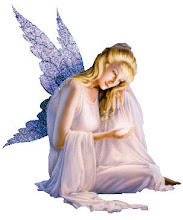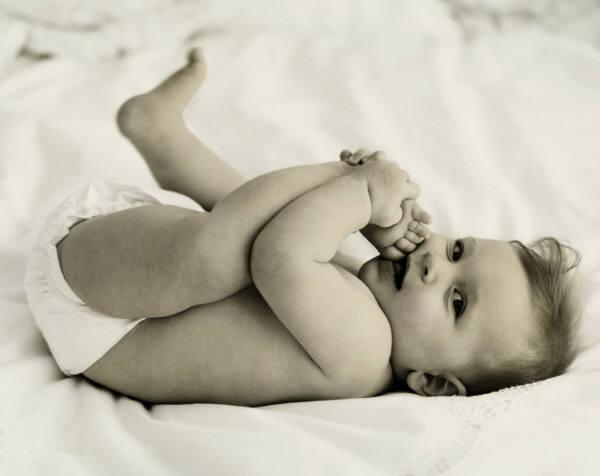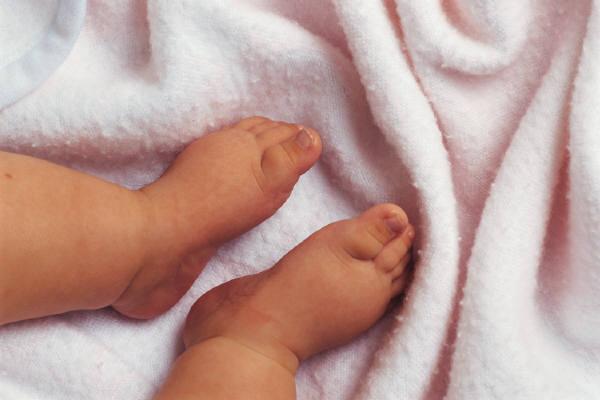
We stayed in Naluwan Resort Hotel located high on the mountains of Wulai. The hotel uses the local aboriginal presence for inspiration in everything from its architecture to the patterning on the room bedspreads and curtains. From the hotel, we took the rail carts to Wulai Old Street. The rail carts were first used to transport timber but have now been transformed into a tourist attraction. Along the route, beautiful scenery of gorges and valleys of Wulai can be seen.

On Wulai Old Street is a collection of hot spring hotels, restaurants selling indigenous cuisine as well as a number of gift shops that sell locally made indigenous handicrafts. Wulai indigenous specialties include millet muachi (sticky millet ball) and millet wine. Millet muachi are mostly hand-made with a variety of flavours to cater to people's liking. Because muachi must be fresh, most muachi are sold the day they are made. Rice cooked in bamboo and delicacies from the mountains are almost synonymous with Atayal culture. Guei bamboo shoots, stone grill, deep-fried river shrimp, kakorot, bird's nest fern and common yam are a must-taste for visitors to Wulai.


The temperature of the Wulai carbonic hotsprings is 80oC and the water is clear and odorless, unlike those in the northern areas of Taipei such as Yangmingshan and Beitou which are mainly alkaline sulphuric springs, with water that has a strong odour and light milky colour. The hot spring water of Wulai can be used for drinking and bathing, and is said to be moisturizing to the skin besides promoting metabolism, thus earning the nickname "Spring Beauty". Bathing in the warm spring water in the public alfresco hot spring took a little courage (hubby refused to take the plunge!) but it was a great way to get a feel for the local culture. The bath was refreshing and truly a one-of-a-kind experience.

Hot spring water has also been piped into the many hotels, bathhouses and spas, including our room at Naluwan, so we could also enjoy the hot spring water in the privacy of our room – so that's what hubby did!








3 comments:
Looks so enjoy~
Wah~~ why u travel so often one... envy!!!
Little prince's mummy - it was a good trip. Taiwan is quite a good holiday destination.
Beckysmum - I'm thankful I get to travel a bit with my job. Hey, I don't mind staying in another country for a few years, and to experience their way of life, like what you get to do now.
Post a Comment